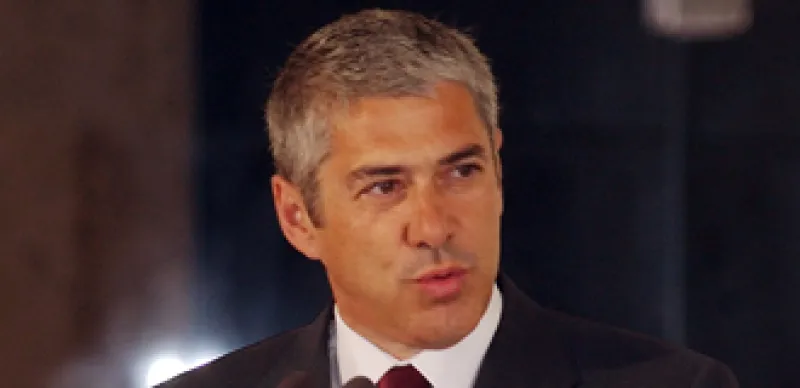
Portugal’s Borrowing Costs Up Amid Delayed Bailout Fears
Portugal’s cost of borrowing rose to the highest level for more than a decade early on Thursday, amid concern the resignation of Prime Minister Jose Socrates on Wednesday would delay any potential EU or IMF bailout for the country’s beleaguered economy.
David Wigan
March 24, 2011


